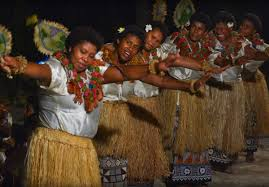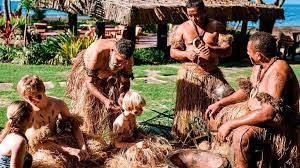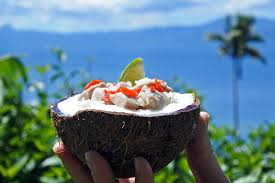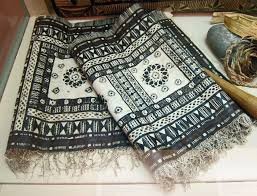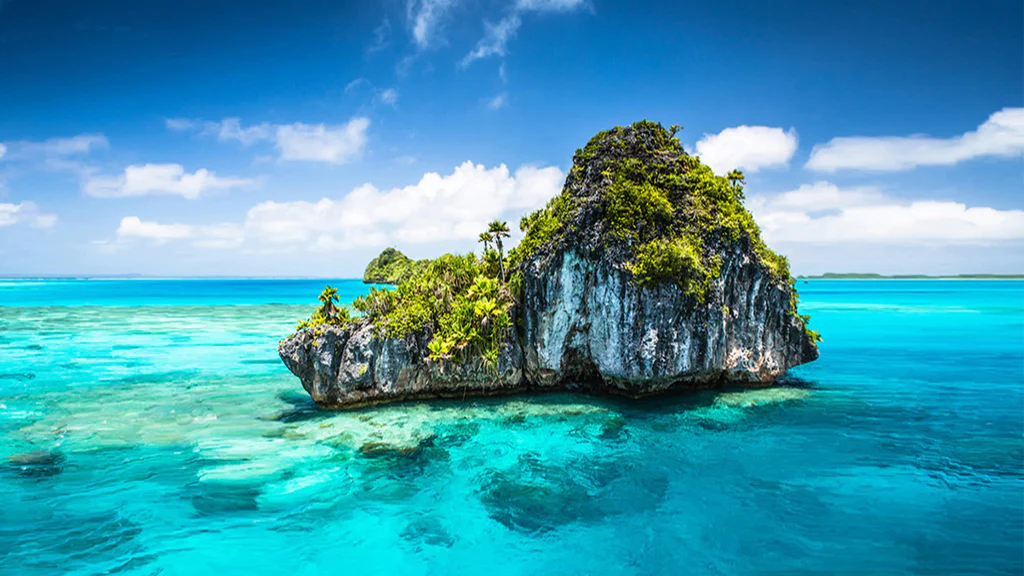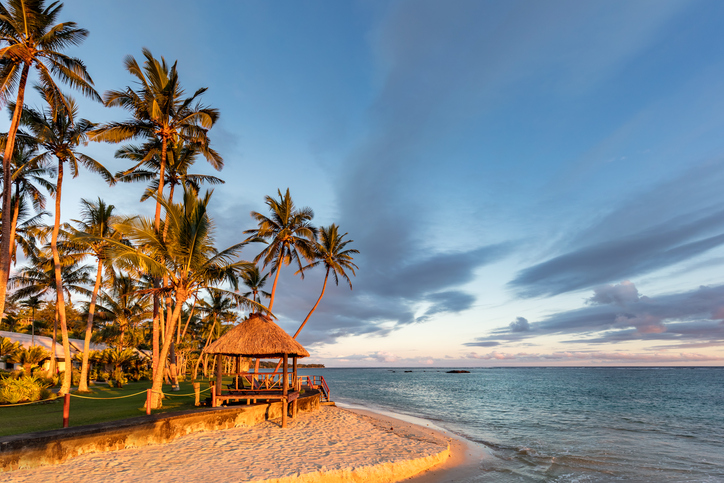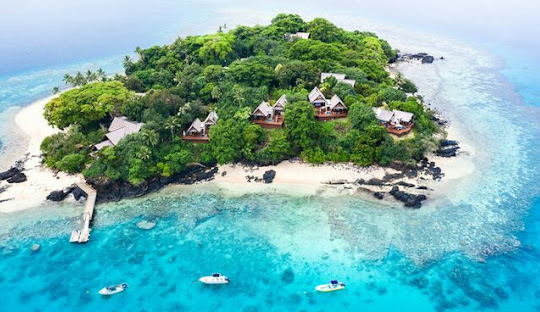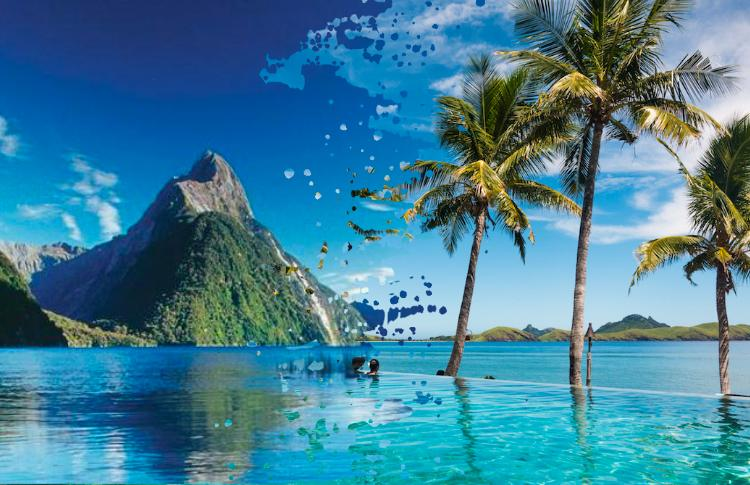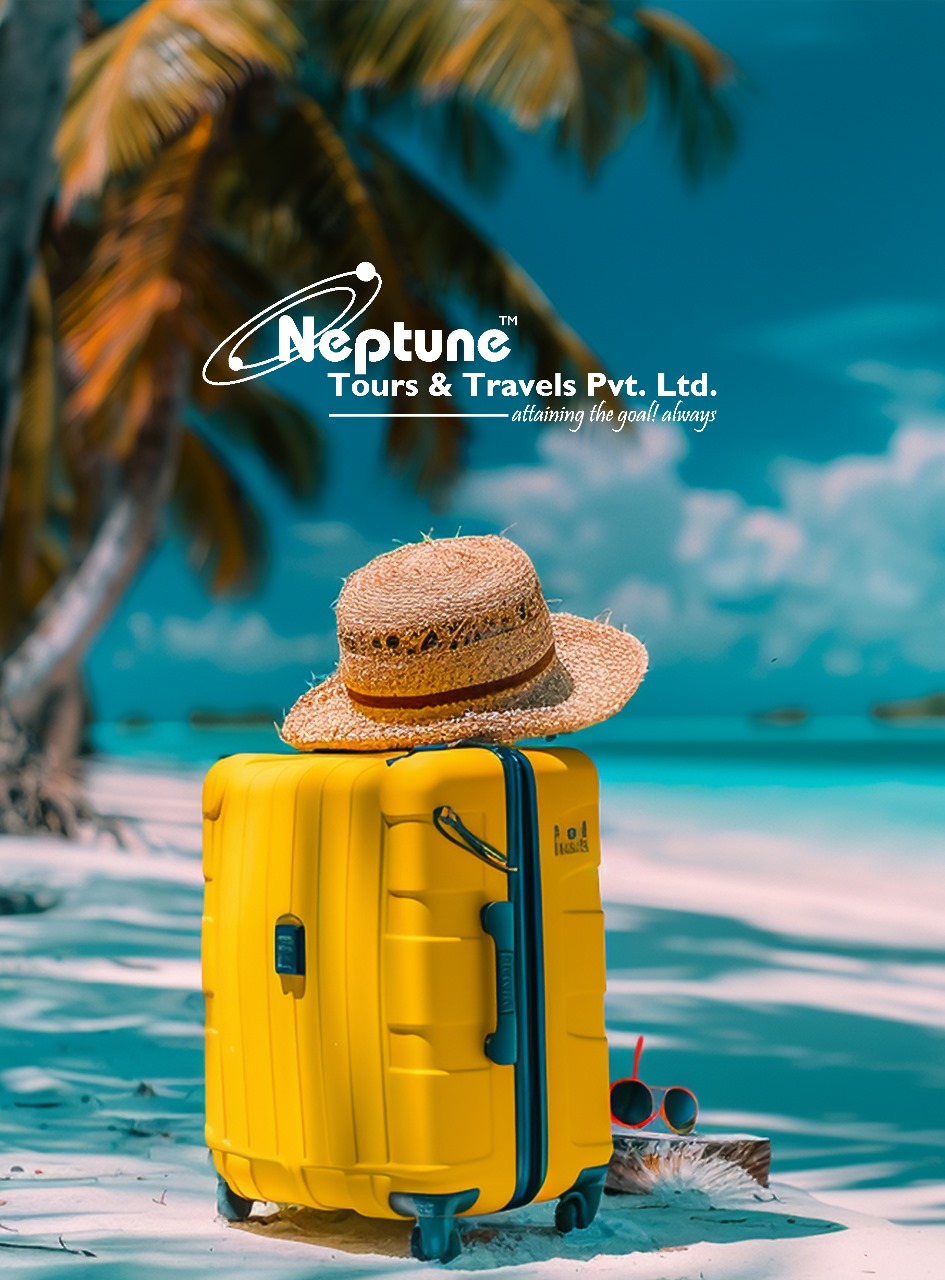Tropical Tranquility, Fijian Style
Fiji Dreaming: An Island Adventure
Fiji is a tropical paradise in the South Pacific, consisting of over 300 islands known for their stunning beaches, crystal-clear waters, and vibrant coral reefs. Famous for its warm, welcoming culture, Fiji offers a mix of relaxation and adventure, with opportunities for snorkeling, diving, and exploring lush rainforests. Visitors can enjoy luxurious resorts on private islands, traditional Fijian ceremonies, and local delicacies. Fiji’s diverse landscapes, from volcanic mountains to sandy shorelines, make it an ideal destination for both nature lovers and those seeking a peaceful getaway in a beautiful setting.
Top
Destinations
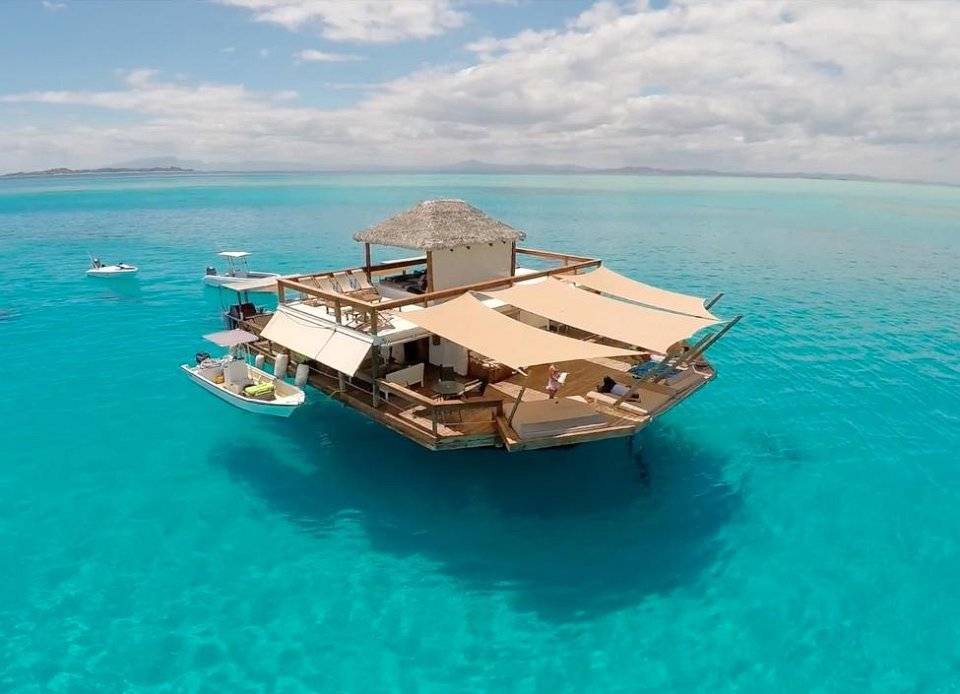
Mamanuca Islands:
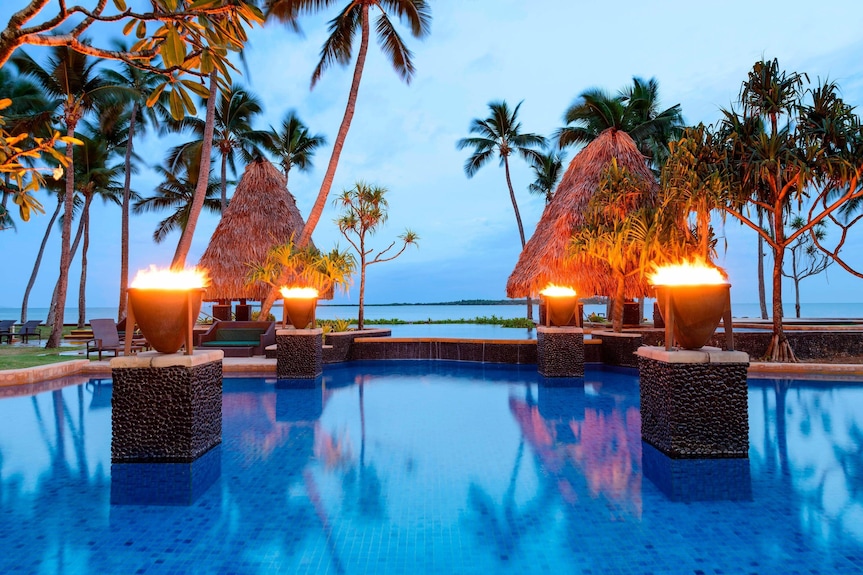
Denarau Island
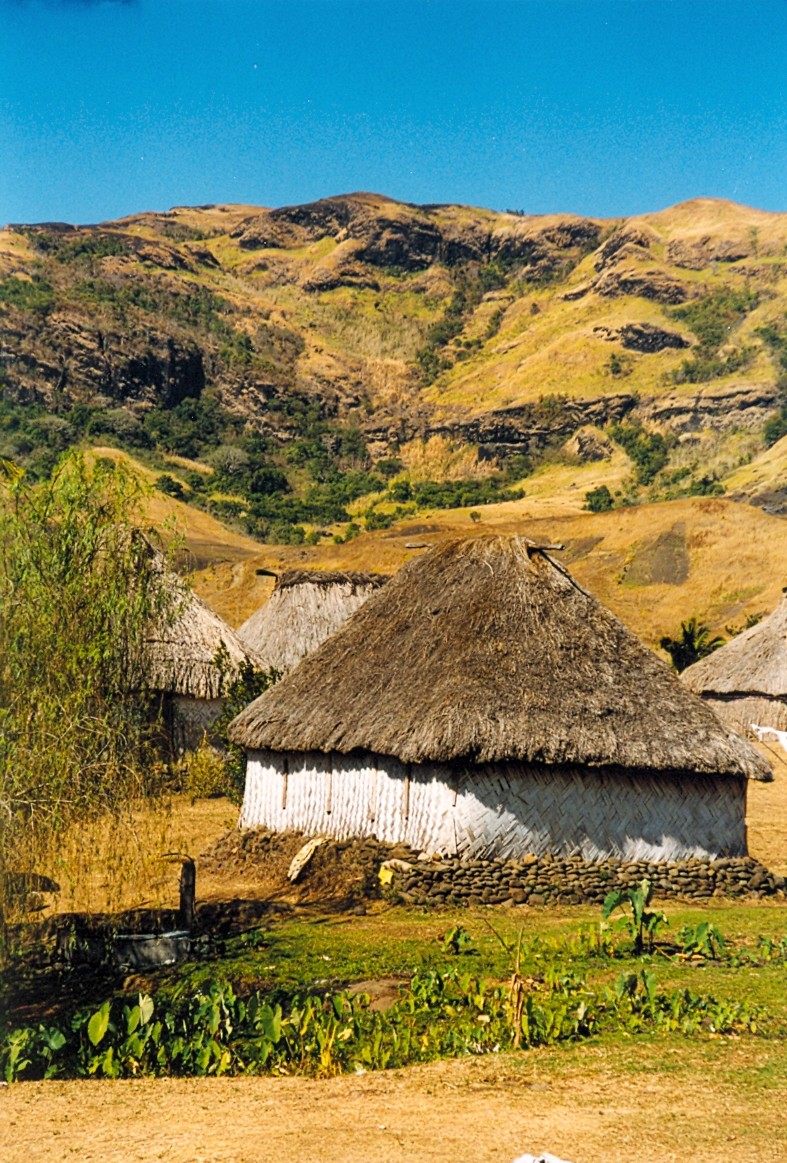
.png)
.png)
.png)
.png)

